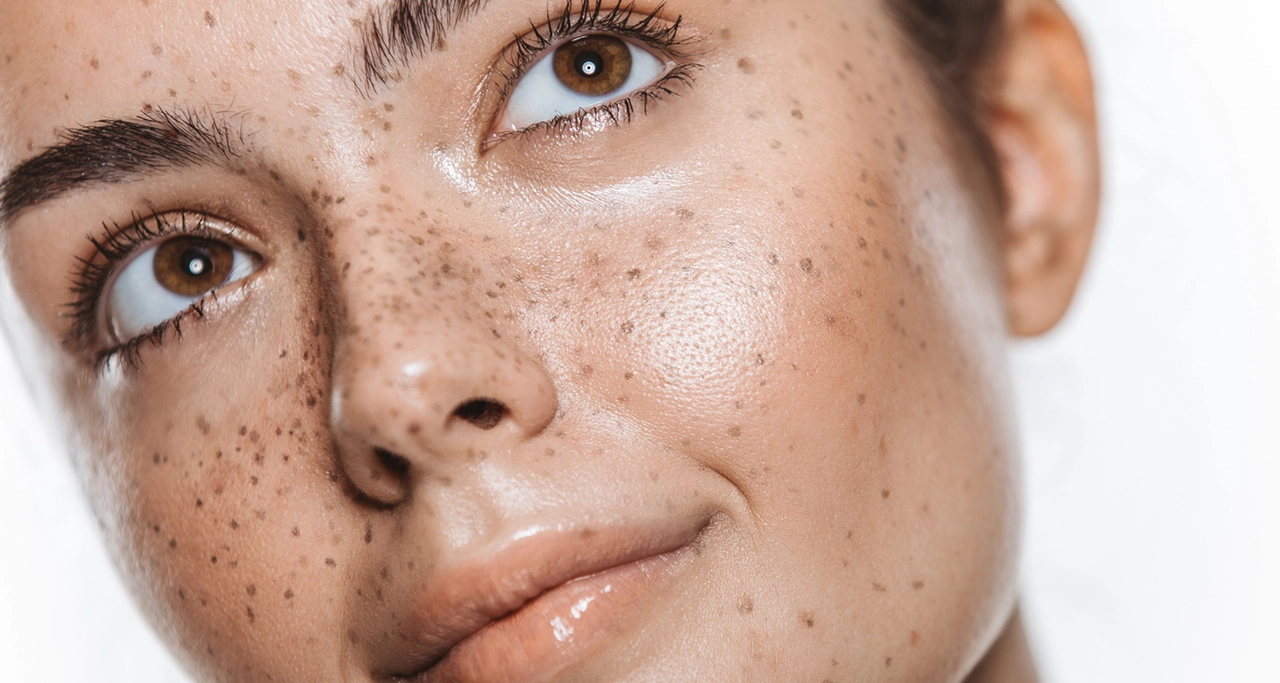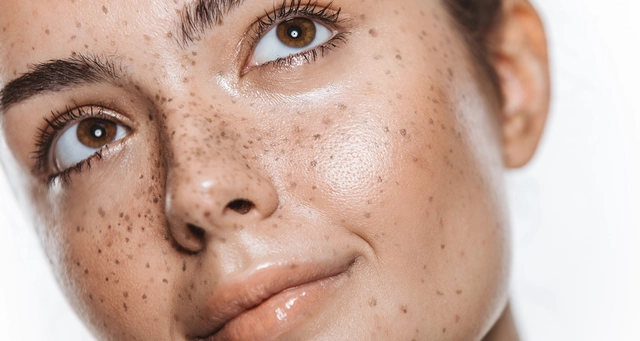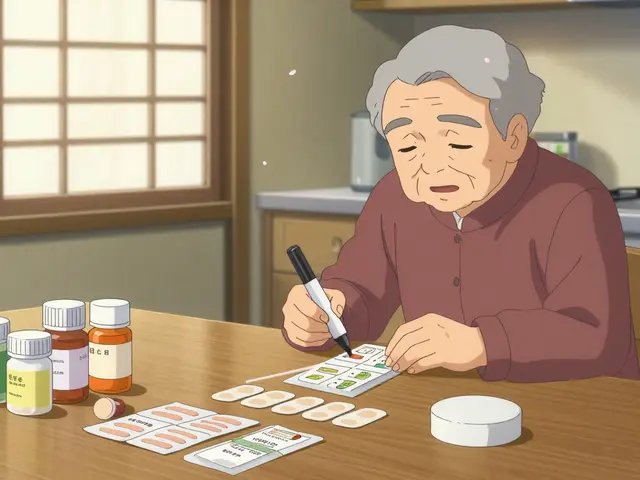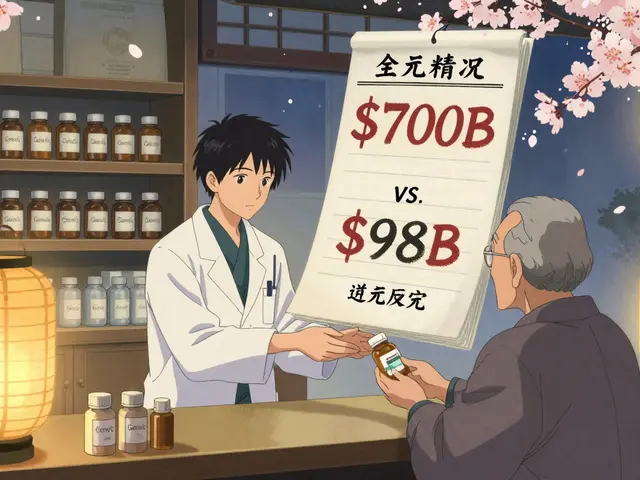Understanding Freckles and Their Development
Freckles are a common skin feature that many people have, but few truly understand. In this section, we will explore the science behind freckles, why they form, and how they are influenced by genetics and the environment. Understanding the nature of freckles will help us better comprehend how they can change over time and what this means for our skin's health.
Freckles are small, flat, and light brown spots on the skin that typically appear in areas exposed to the sun. They are caused by an increase in melanin production, the pigment responsible for giving our skin, hair, and eyes their color. The development of freckles is largely determined by genetics, with individuals who have fair skin and light hair being more likely to have them. However, environmental factors, such as sun exposure, also play a role in the formation and appearance of freckles.
How Sun Exposure Affects Freckle Formation
One of the most significant factors that can cause changes in freckles is sun exposure. When our skin is exposed to the sun's ultraviolet (UV) rays, it produces more melanin to protect itself from damage. This increase in melanin can lead to the formation of new freckles or darken existing ones, making them more noticeable.
It's essential to protect our skin from excessive sun exposure, not only to prevent freckle formation but also to reduce the risk of skin cancer. Wearing sunscreen with a high SPF, seeking shade when the sun is strongest, and wearing protective clothing can help minimize UV damage and keep our skin healthy.
The Aging Process and Freckle Changes
As we age, our skin undergoes various changes, including alterations in freckles. Over time, some freckles may fade or disappear altogether, while others may become more pronounced. These changes are due to the natural aging process, as well as the cumulative effects of sun exposure throughout our lives.
In addition to changes in freckle appearance, the aging process can also result in the development of age spots, also known as liver spots or solar lentigines. These flat, brown spots tend to be larger than freckles and are a result of long-term sun exposure. Understanding the difference between freckles and age spots can help us monitor our skin for any changes and seek appropriate treatment if necessary.
Do Freckles Pose Any Health Risks?
While most freckles are harmless and pose no health risks, it's essential to monitor them regularly for any changes in size, shape, or color. If changes are observed, it's crucial to consult a dermatologist to rule out the possibility of skin cancer. Freckles themselves are not a sign of skin cancer, but they can serve as a reminder to practice sun safety and regularly check our skin for any abnormal growths or changes.
By keeping a close eye on our freckles and practicing sun safety, we can ensure that our skin remains healthy and free from potential harm.
Freckles and Skin Care
Proper skin care is essential for maintaining the health and appearance of our skin, including the management of freckles. By following a consistent skin care routine that includes cleansing, moisturizing, and exfoliating, we can keep our skin looking its best and minimize the appearance of freckles.
Additionally, incorporating products containing skin-brightening ingredients, such as vitamin C or hydroquinone, can help lighten the appearance of freckles and improve overall skin tone. It's important to consult with a dermatologist before starting any new skin care regimen, especially if it involves the use of potentially irritating or potent ingredients.
Professional Freckle Treatments
For those who are bothered by the appearance of their freckles, there are professional treatments available that can help reduce or eliminate them. Options include laser therapy, chemical peels, and microdermabrasion. These treatments work by targeting the melanin in freckles and breaking it down, resulting in a lighter or more even skin tone.
It's important to discuss these treatment options with a qualified dermatologist to determine the best course of action for your unique skin needs and to understand the potential risks and side effects associated with each procedure.
Embracing Your Freckles
While some people may view their freckles as imperfections, it's important to remember that they are a natural part of our skin and can even be considered a unique and beautiful feature. In recent years, there has been a growing trend of people embracing their freckles and even enhancing them with makeup.
Regardless of whether we choose to minimize or celebrate our freckles, it's essential to practice proper skin care and sun safety to keep our skin healthy and protected from potential damage.
Conclusion
Understanding how freckles can change over time and what this means for our skin is crucial for maintaining healthy, beautiful skin. By practicing sun safety, monitoring our skin for changes, and embracing the unique beauty of our freckles, we can ensure that our skin remains in the best possible condition throughout our lives.








Kevin Stone
May 7, 2023 AT 10:38Natalie Eippert
May 7, 2023 AT 13:44kendall miles
May 8, 2023 AT 02:07Bob Martin
May 8, 2023 AT 04:05Sage Druce
May 8, 2023 AT 20:56Tyler Mofield
May 8, 2023 AT 23:01Patrick Dwyer
May 9, 2023 AT 10:32Bart Capoen
May 10, 2023 AT 02:09